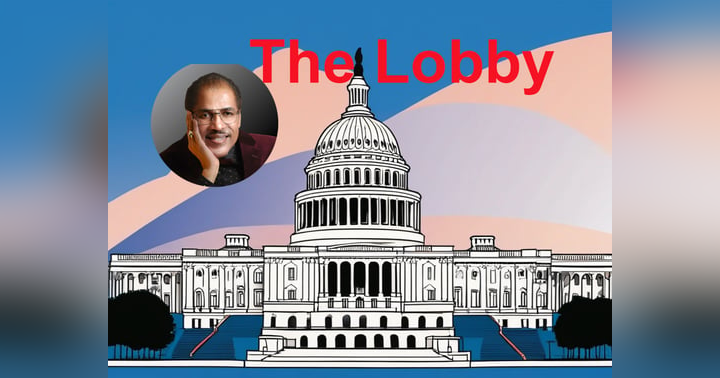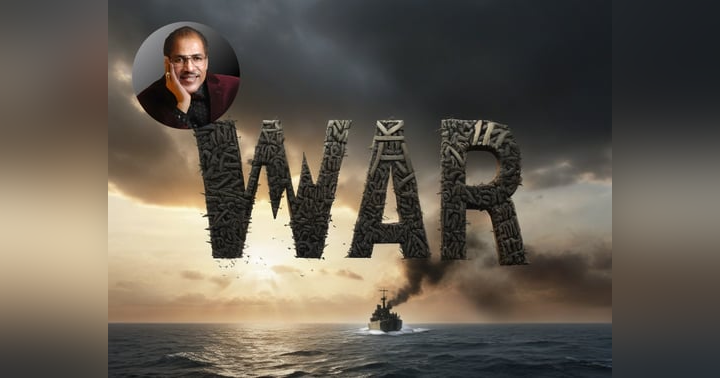The Muzzle on Truth in Gaza and the West Bank

In Israel, the restrictions on freedom of press and speech when it comes to reporting on events in Gaza and the West Bank have been a subject of controversy and concern for many years. These restrictions often prevent journalists from portraying an accurate picture of the situation on the ground, leading to a skewed narrative that can impact public perception both within Israel and around the world.
One of the key ways in which freedom of press is restricted in Israel is through military censorship. The Israeli military has the authority to censor or ban any reporting that it deems a threat to national security, which can often include coverage of events in Gaza and the West Bank. This censorship can lead to important information being withheld from the public, preventing them from fully understanding the complexities of the Israeli-Palestinian conflict.
For example, during the 2014 conflict in Gaza, Israeli journalists were prohibited from reporting on the number of civilian casualties or the extent of the damage caused by Israeli airstrikes. This lack of transparency not only prevented the Israeli public from fully understanding the impact of their government's actions, but also hindered the ability of the international community to hold Israel accountable for potential violations of international law.
In addition to military censorship, there are also unofficial forms of censorship in Israel that can impact reporting on Gaza and the West Bank. Journalists who are critical of the Israeli government or its policies towards Palestinians risk facing backlash, including threats of violence, harassment, and even legal action. This can create a chilling effect that discourages journalists from reporting on sensitive topics or from presenting a nuanced perspective on the conflict.
The implications of this censorship on the ability to convey accurate information to the public are significant. By restricting journalists' access to information and limiting their ability to report on events in Gaza and the West Bank, the Israeli government is able to control the narrative and shape public opinion in its favor. This can lead to a lack of accountability and transparency, as well as the perpetuation of misconceptions and stereotypes about Palestinians and the Israeli-Palestinian conflict.
Furthermore, the impact of these restrictions on global perception cannot be overstated. When the Israeli government censors reporting on events in Gaza and the West Bank, it hinders the international community's ability to fully grasp the reality of the situation on the ground. This can lead to a skewed perception of the conflict, with potentially harmful consequences for peace efforts and diplomatic relations.
One way to promote transparency and accountability in media coverage of events in Gaza and the West Bank is to support independent journalism and provide journalists with the resources and protection they need to report without fear of reprisal. By advocating for press freedom and challenging censorship, both within Israel and internationally, we can help ensure that the public has access to accurate and unbiased information about the Israeli-Palestinian conflict.
In conclusion, the restrictions on freedom of press and speech in Israel when it comes to reporting on events in Gaza and the West Bank have serious implications for the ability to convey accurate information to the public and the impact on global perception. By examining specific examples of censorship and analyzing the potential consequences of such actions, we can better understand the ethical and moral considerations at play and work towards promoting transparency and accountability in media coverage of the Israeli-Palestinian conflict. It is imperative that we engage with these issues critically and thoughtfully, in order to challenge censorship and uphold the principles of freedom of press and speech.



